Scotland likes to look at itself as a modern and inclusive society.
In many ways we are. However, we must work harder. We must always strive for better.
And recent days have presented us all with the stark reality that racism is still very much part of Scottish society.
An independent review of Cricket Scotland found 448 examples of institutional racism.
Two cricketers Majid Haq and Qasim Sheikh courageously stood up and reported some of these incidents.
But they continued to find themselves isolated when the interim CEO of Cricket Scotland Gordon Arthur failed to directly apologise to either of the players.
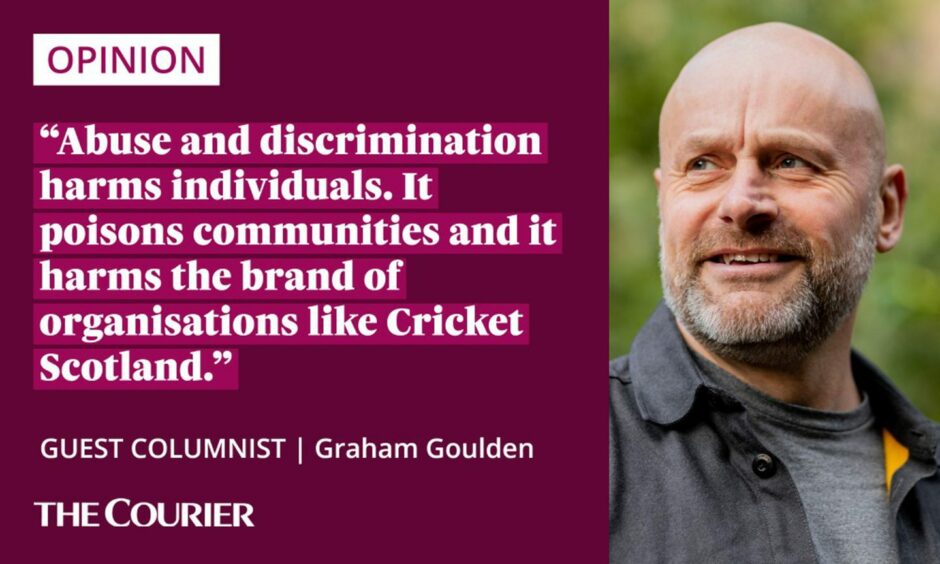
This sense of isolation continued when none of the current Scottish Cricket team came forward to do the same.
While it is important, we focus on those harmed as well as those who have caused harm, we also need to widen the focus to include those around these individuals.
Fear of consequence is a barrier to action
My 30 years as a Scottish police officer have made me acutely aware that third parties witness harmful situations.
I am also aware that in many cases these individuals fail to intervene. Even when it is a friend, work colleague or loved one who is being harmed, or causing the harm.
We might become angry at these silent passers-by.
However we seldom focus on them in a way that would help them to be the friends and colleagues they desire to be.
As someone who is a passionate advocate of the bystander approach, I find the inaction of individuals easy to understand.
One factor is the fear of consequence.
Think about a time when you have witnessed something that you knew wasn’t right.
What was going through your head?
If it involved strangers, did you fear physical attack?
If it involved a friend or work colleague, I don’t think the fear was physical, but it was a fear, nonetheless.
I call this a social fear.
While racism has been the focus this week, what about sexism and homophobia?
The costs to intervening can be great.
Perhaps the bystander fears the loss of a friend, being seen as disloyal, or a risk of being ridiculed.
However, if the benefits outweigh the costs, we are more likely to choose to act.
As a former cop I performed this analysis every single day.
By doing so it allowed me make decisions that would keep me and others safe.
Racism is not just an issue for Cricket Scotland
In my work there’s a question I ask a lot.
Who is harmed when we fail to intervene?
I ask this not only to explore these harms but to help people see the benefits of intervention, to help motivate them.
Standing shoulder to shoulder with a couple of champions this afternoon @AamerAnwar @sheikhyssj1 that found @CricketScotland to be overwhelmingly Institutionally racist. I can’t thank Aamer enough who has fought my corner for 7.5 years & never took a penny from me. #ProBono pic.twitter.com/K3P4iEbOo2
— Majid Haq (@MajidHaq) July 25, 2022
Abuse and discrimination harms individuals.
It poisons communities and it harms the brand of organisations like Cricket Scotland.
But the good news is that research says we can train people to be active bystanders in their workplaces and communities. Over five decades of research confirms this.
Aamer Anwar, the lawyer representing both Haq and Sheikh, this week suggested addressing racism will not just be an issue for Cricket Scotland.
He’s right, it’s an issue that all sporting bodies in Scotland need to address.
And while racism has been the focus this week, what about sexism and homophobia?
The response to the Lionesses Euro 2022 triumph has been in the main positive, we have seen many comments that tells us sexism is still a challenge.
The fact we have few openly gay male football players in Scotland, provides more evidence of deep-rooted issues.
But when we activate our bystanders, we present an opportunity to reduce harm.
We all have a role in preventing abuse and discrimination
This isn’t just about responding at the time of an incident.
It’s about creating workplaces, communities and sports teams that are supportive, where abuse is seen as wrong and intervention is seen as a norm.
Developing a sense of responsibility to act is key. Evidence tells us that this motivates people to do something rather than do nothing.
And within sporting organisations like Cricket Scotland there needs to be specific action from those in leadership roles.
In 1971 New York Police officer Frank Serpico gave evidence to the ‘Knapp’ commission which was looking intro police corruption.
He described the problem thus: “We create an atmosphere in which the honest officer fears the dishonest officer and not the other way round.”
When we work to engage bystanders, we help victims, we can stop people causing harm and we address the misperceptions that many people support the behaviour.
When it comes to preventing abuse and discrimination, we all have a role.
The standard we walk past is the standard we accept.
Graham Goulden is an experienced leadership and violence prevention trainer. For 30 years he was a Scottish police officer and chief investigator specialising in criminal investigation, drug investigation, training and crime prevention.
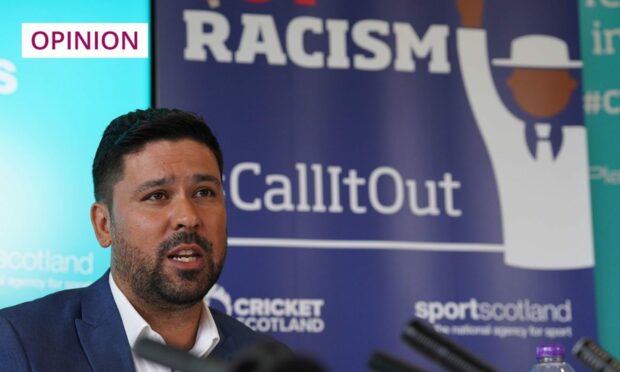
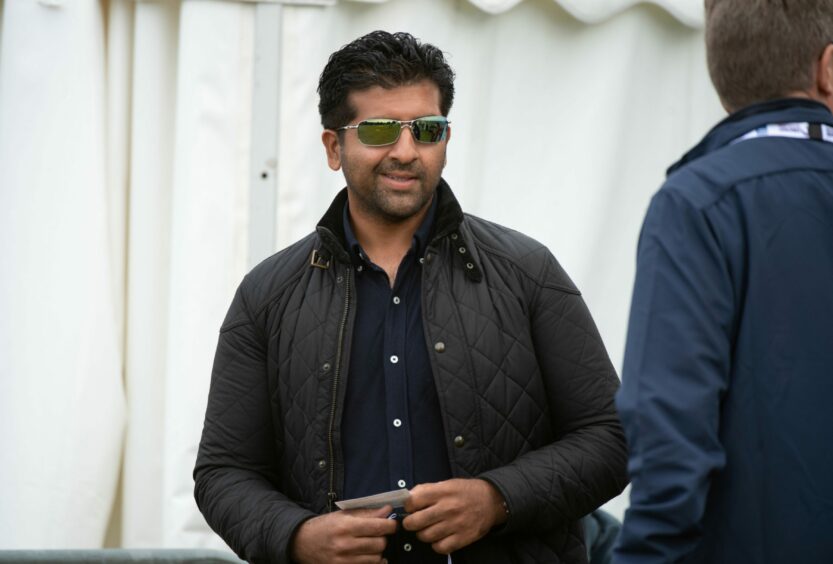
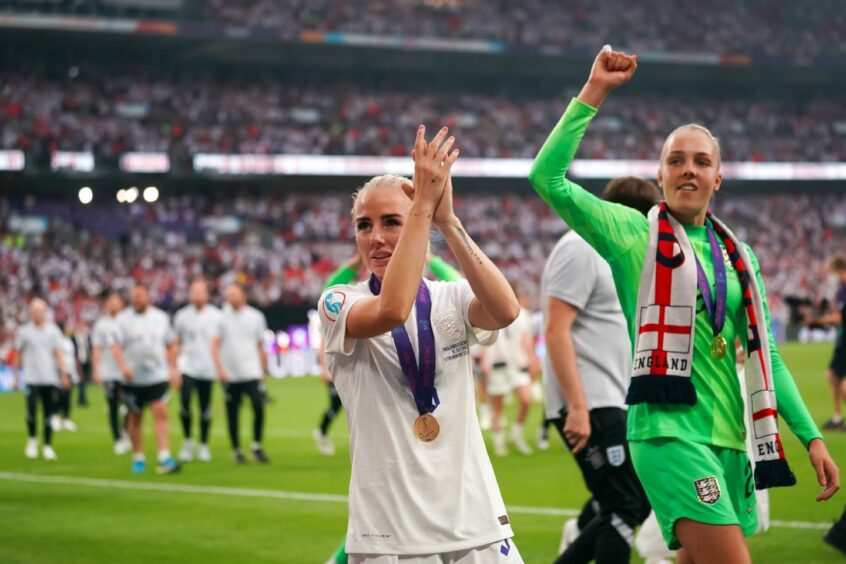
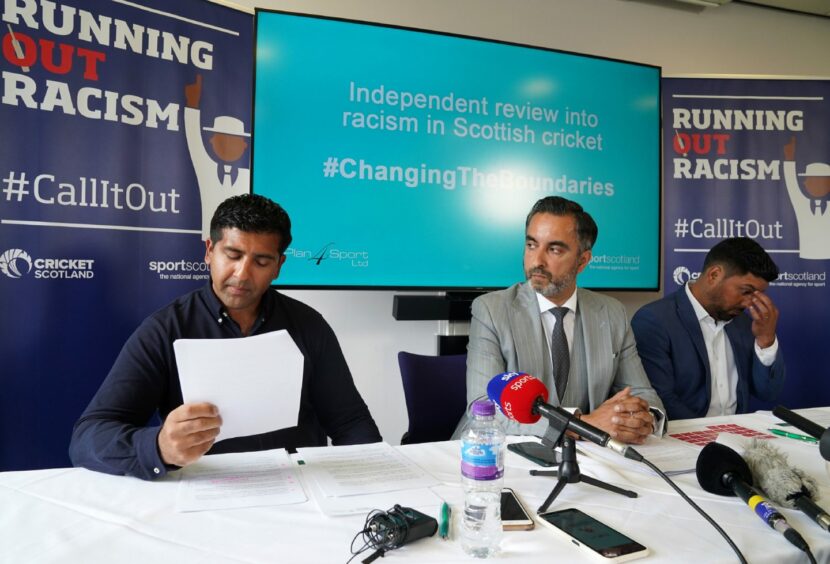










Conversation